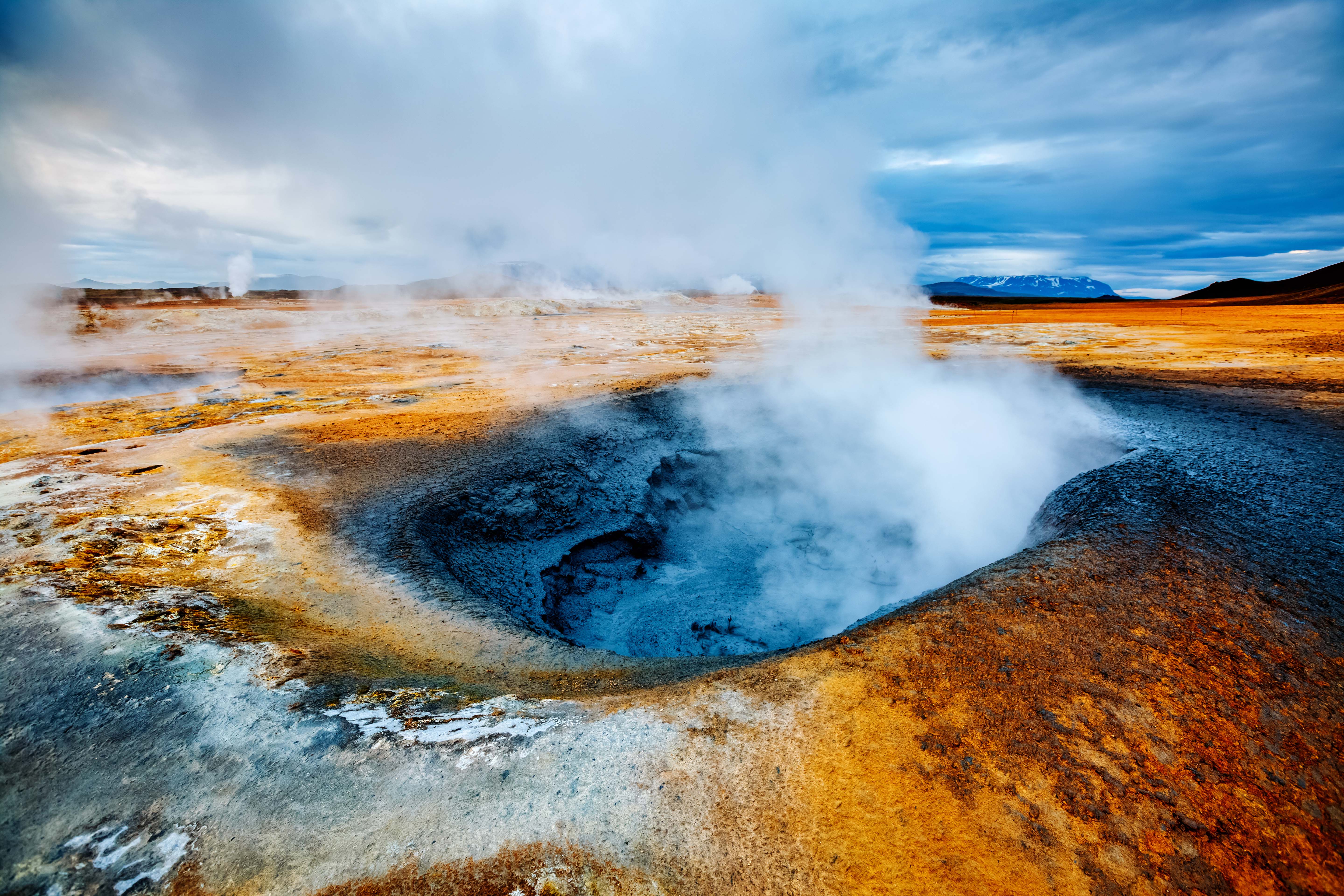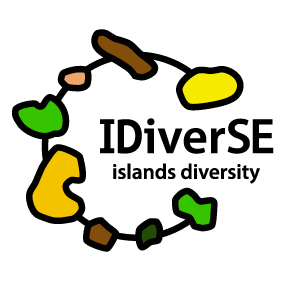
Veja esta atividade em Português  / Δείτε εδώ την δραστηριότητα στα Ελληνικά
/ Δείτε εδώ την δραστηριότητα στα Ελληνικά  / Ver esta actividad en español
/ Ver esta actividad en español 

Our beautiful planet is constantly under transformation. Sometimes, changes occur over a very long period of time and we barely note them. Some other times however, transformations are the result of massive and devastating events. In this activity we explore some of Earth's most intense and overwhelming events; volcanic eruptions, earthquakes and tsunamis. We will reflect on the impact of these natural phenomena on humans and their societies. You will also be challenged to design a citizens' alert programme in order to raise awareness in the local community and help your municipality in preparing citizens for such events.
Information for the teacher:
Author of this accelerator: Eleftheria Tsourlidaki (Ellinogermaniki Agogi) - [email protected]
This accelerator was created in the framework of the project - IDiverSE (Islands Diversity for Science Education - 2017-1-PT01-KA201-035919), co-financed by the Erasmus+ agency of the European Union).

The texts are writen direcly for the students and in a language that students will understand. Teachers are invited to explore it, copy it and edit whatever they feel necessary before they share it with their students. Specific guidelines were added to the four phases, where teachers can read the full content of the accelerator. For any aditional info on this accelerator, please contact [email protected] or [email protected].
You can find more information as well as translation of this project to other languages through this link: http://idiverse.eu/restless-earth
Learning objectives
Students engage in a inquiry-based activity which will allow them to explore natural phenomena. They study the nature of these phenomena and understand the mechanisms that cause them. The activity is designed so that students will develop fundamental skills such as problem solving, critical thinking, communication, creativity and collaboration. Finally, students are invited to become active citizens and propose a citizen's alert programme for the protection of the local community.
Opportunities to collaborate with stakeholders
Students will be challenged to interview, discuss and collaborate with different experts on the field such as scientists, historians, stakeholders in charge of the local community's safety, etc. Teachers could organize excursions to relative sites, indicate to students experts they can contact, and rewach out to family members and encourage them to participate in the students' project.
More specificaly:
1 - In the Feel phase, students need to do a search on past catastrophic events and find out the impact they had on their society. To do this, they can search the local records, talk to people in their community that might have lived through these events and try to find out how the authorities responded at the time.
2 - In the Imagine phase, students investigate a historic event related to a natural disaster. Students will need to do some reasearch on the event, talk to historians and other experts. Teachers can choose to organize a trip related to that event and bring students in contact with experts on the field.
3- In the Create phase, students are encouraged to collaborate with local authorities and local initiatives, their families and important stakeholders in order to design their own citizen's alert programm.
4 - In the Share phase, students will reach out to the whole community through their science trail, share their work, including important stakeholder entities who can reinforce the change-making progress.
Responsible Research and Innovation
One of the key aspects of OSOS is the inclusion of RRI - Responsible Research and Innovation principles in innovative pedagogical practices. RRI principles are addressed in the "Restless Earth" accelerator:
|
Governance |
Students will share their programme with different stakeholders in their home town and at national level. |
|
Public engagement |
Students will design a physical science trail in their home town in order to share their programme with the local community and raise awareness. |
|
Gender equality |
Nature and safety related topics are known to be popular to girls and boys alike. Girls and boys are given equal opportunities to participate, take leadership and share ideas.
|
|
Science Education |
"Restless Earth" is a multidisciplinary accelerator which combines not only science topics like physics, chemistry, geography and enviromental science but also history and literature. It invites students to engage in real‐life problems and make use of their problem solving skills while participating in meaningful and exciting science related activities. |
|
Ethics |
Students learn how to handle real data, they understand the value of having open access to reliable data to work with and reflect on the high value of sharing conclusions and results with the public. |
|
Open Access |
By getting open access to data for natural phenomena and make use of them to design their own citizen alarm programme, students get as first-hand understanding of the added value of having open access to scientific data. |
Students age group: 9 - 12, 12 - 15, 15 - 18
Subject domain: Environmental Education, Geography and Earth Science, Sound, Waves
# of students participating: up to the teacher
Updated on: 18.11.2019
 Login
Login






Comments
In order to be able to post a comment you have to be logged in to the portal. You can login or register a new account by pressing the "Login" button at the top right corner.